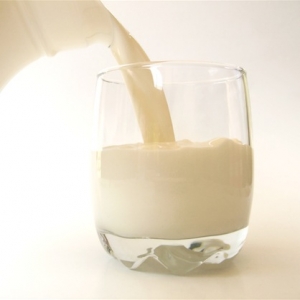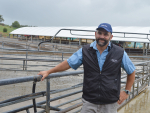It's not something dairy farmers needed right now but the message is clear: change or risk losing your competitive edge in the global market.
Changes to milk cooling regulations proposed by MPI may be relatively minor. However, it will require farmers spending $5000-$100,000 to become compliant.
To MPI’s credit, farmers have been given ample time: August 1, 2016 deadline for new farms and those upgrading cooling systems. Enforcement on all other farms starts January 1, 2018.
New Zealand milk is high regarded in the world for its quality and food safety credentials. This is despite our temperature rules for raw milk being less stringent than our major trading partners.
In New Zealand the milk temperature must drop to 7˚C within three hours of milking and remain at 7˚C until collection, similar to the US. In China it must get to 4˚C within two hours of milking, and the same in Russia. In Australia milk temperature must be 5˚C within 3.5 hours of commencing milking. In the EU, 8˚C after milking and 6˚C degrees if not collected daily.
The world is today a sophisticated marketplace; consumers demand quality and safe dairy products and sustainability throughout the food chain.
Food companies are fixated on the sources of food. The world’s largest dairy company, Nestle, audited 50 dairy farms in the South Island this year, in its watch on food safety and quality. Chinese auditors regularly visit our factories and farms.
During these audits overseas regulators ask why our milk cooling is out of line with the rest of the world. We’ve got away with by arguing that our milk quality is above everyone else’s. But producing the best quality milk is not enough for the rest of the world; they want stringent regulations.
The focus on sustainability comes at a cost to farmers. Not all New Zealand farmers will need to spend $100,000 on their farms. There is no one-size-fits-all solution; some small farms will find old ice banks to cool their milk. Some will face a problem of power supply; adding a milk cooler will require upgrading the supply and paying more for electricity.
With the payout under severe pressure, farmers could do without this extra regulatory burden. But they have little choice. As the world’s largest exporter of dairy products we must lead in food quality and safety.


















